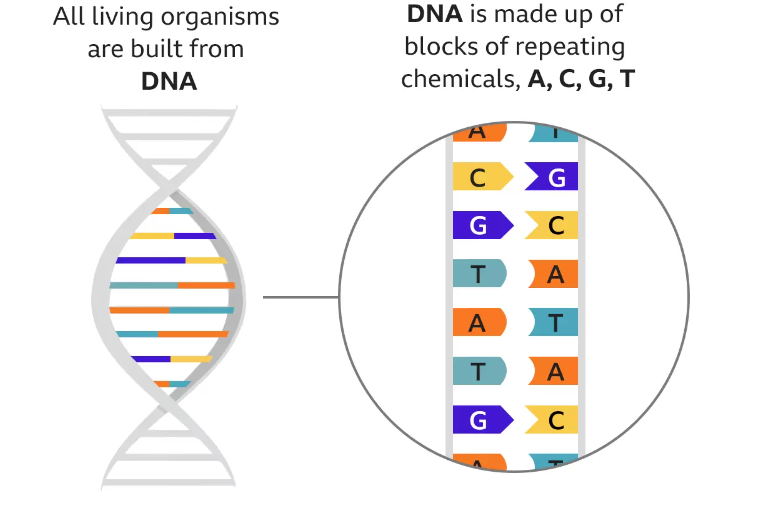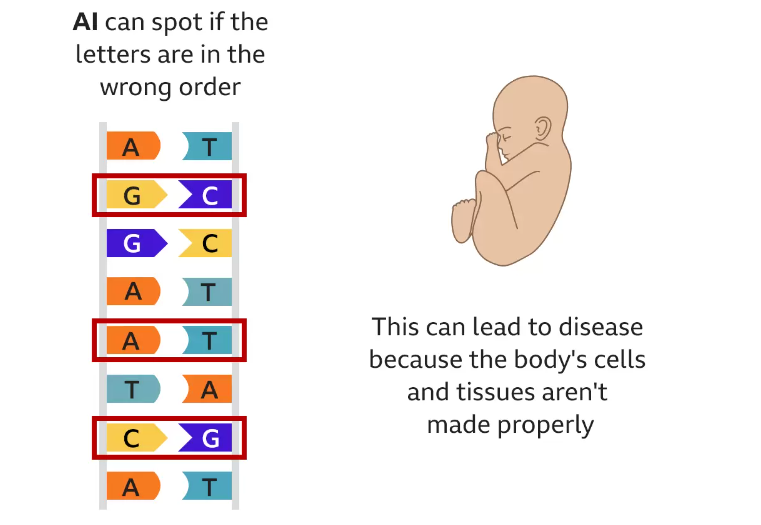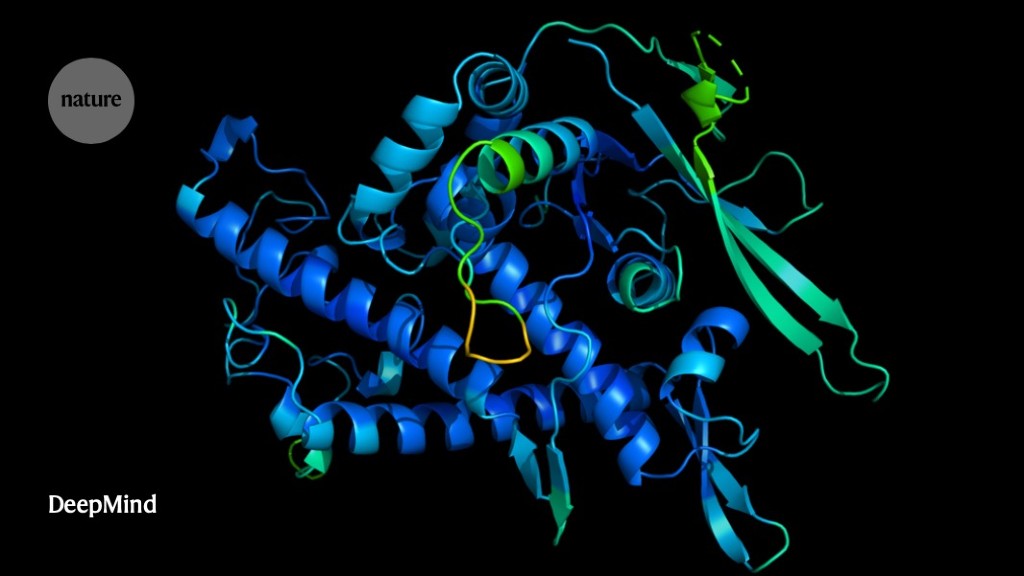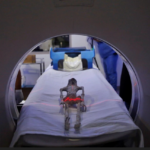DeepMind, an AI company under Google, has employed artificial intelligence to detect alterations in human DNA that could be responsible for diseases. The researchers believe they have identified 89% of crucial mutations, a development poised to accelerate the diagnostic process and aid in the quest for improved treatments.
A prominent independent scientist noted this work as a significant advancement, with potential benefits for clinical research by helping researchers focus on specific areas with disease-causing potential. In the previous year, Google DeepMind’s AI successfully determined the shapes of nearly all human body proteins. The newly developed system, named AlphaMissense, can assess whether the DNA sequence will produce the correct protein shape. If it won’t, it is flagged as potentially disease-causing.

The methodology involves examining the sequence of elements within human DNA strands. DNA serves as the building block for all living organisms, comprising four chemical units known as adenine (A), cytosine (C), guanine (G), and thymine (T). During human embryo development, these letters’ sequence is read to generate proteins, the essential constituents of cells and tissues throughout the body. However, if these letters are arranged incorrectly, possibly due to inherited disorders, it can result in improper cell and tissue formation, ultimately leading to diseases.
Presently, researchers focused on identifying genetic disease-causing regions in human DNA have limited knowledge about which areas are implicated. They have only categorized 0.1% of genetic mutations as either benign or disease-causing. Google DeepMind’s Pushmeet Kohli stated that their new model has significantly improved this percentage, increasing it to 89%.

Traditionally, researchers have had to comb through billions of chemical building blocks within DNA to identify potentially disease-causing regions. However, this has changed with the introduction of the new tool. Researchers can now concentrate their efforts on areas they were previously unaware of but have been highlighted as potentially disease-causing.
Genomics England, in collaboration with the NHS, has tested this new tool. According to Dr. Ellen Thomas, Deputy Chief Medical Officer at Genomics England, the health service will be among the first to benefit from this development. She emphasized that the tool provides a fresh perspective on genetic data and will assist clinical scientists in making genetic information more useful for patients and their clinical teams.

Professor Ewan Birney expressed his belief that AI would become a substantial component of molecular biology and life sciences. He noted that AI is currently transforming many aspects of their work, with its full potential yet to be determined.








